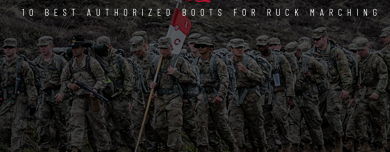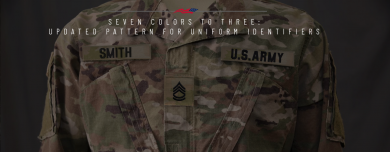
When was the last time that a bank or political group did a safety stand-down day because of a DUI? What about when the last time a shipping company rounded up all of their drivers and conducted a health and welfare check because a driver was found with drugs? The answer is simple; it does not happen. So, why should the military be any different?
Just a few short decades ago the military relied on draftees to fill its ranks. The last draftee was inducted on June 30, 1973, when the military transitioned to an all-volunteer force. Prior to that, between 1917 and 1973, more than 17 million service members were drafted. They came from all walks of life and they needed to be prepared hastily to fight in wars overseas.
The History of Mass Punishment in the Military
Mass punishment has been a part of the military for many years. It is often discussed as being employed so as to bring about a sense of unity within an organization. If one person is out of line, the entire organization is out of line, and therefore the entire organization should work to ensure that no one is out of line. This makes sense and is used effectively in other places. Unfortunately, those other places are within the prison system.
Is it possible that one of the last vestiges of a draftee military, mass punishment, was simply ignored during the transition? Consider the alternative: when a service member or civilian makes a mistake or chooses to do the wrong thing, they are punished for their actions and take personal responsibility. It seems so foreign a concept to many, and yet those many are often those doling out mass punishment, not receiving it.
Does Mass Punishment Work
Yes, it is true that mass punishment works. If an organization punishes and ostracizes its personnel to such a degree that they are afraid to do anything for fear of punishment, then the number of incidents are likely to decrease – but at what cost? Should volunteers be treated the same as prisoners? It is clear that the organization as a whole understood the directive not to drink and drive. In fact, it is obvious that drinking and driving is against the law, and no civilian organization would lecture their personnel every Friday that they cannot drink and drive. It is demeaning.
Organizations do it because that is what was done to them. Leaders are tired of being told how one person’s action reflects a failure on the part of the organization, so punishing the organization to ‘self-police’ each other makes more sense than teaching individual responsibility. If a brand new private gets a DUI, it is the choice of the brand new private. The team leader, squad leader, platoon sergeant, platoon leader, first sergeant, and company commander have no cause to be standing in front of a senior leader explaining how this happened. The entire company or battalion should not be standing in formation for “retraining.” In fact, people can be considered trained by the fact that they did NOT get a DUI. Obviously, that is why they are information as compared to jail.
There is no imaginary line of responsibility. If the leaders of the service member are to blame, then that blame extends up to the Chief of Staff of the Army. We are all leaders in this organization, we are also all adults. It is high time that the military end the tradition of mass punishment, and enforce the tradition of personal responsibility and ownership for your own actions.
Disclaimer: The content in this article is the opinion of the writer and does not necessarily reflect the policies or opinions of US Patriot Tactical.






